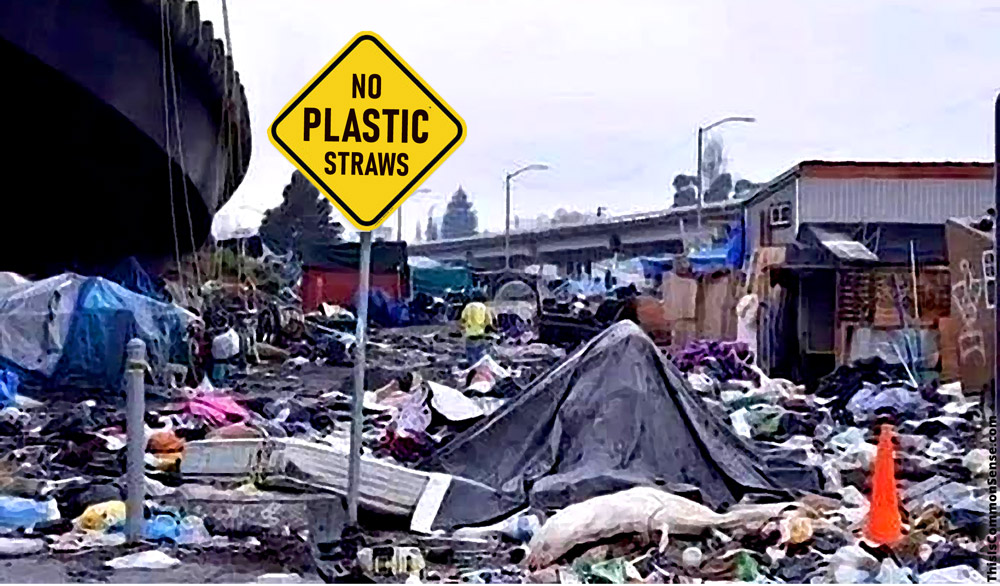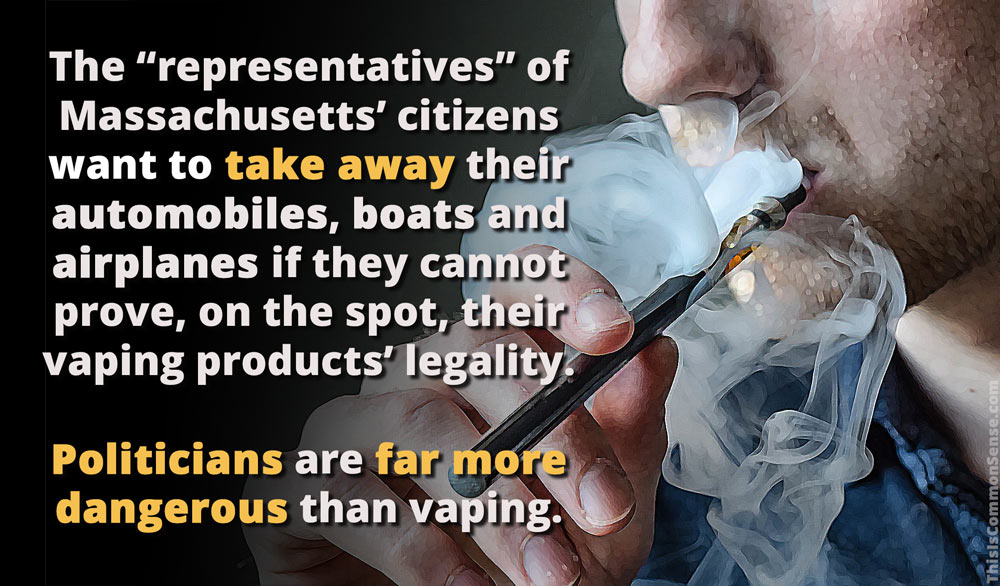In The Graduate (1967), the young man played by Dustin Hoffman gets advice from an elder. “Just one word: plastics.” “Exactly how do you mean, sir?” “There’s a great future in plastics.”
When the world bans all plastic in 2021, that will be the end of that market opportunity. Other components of civilization will be discontinued in 2022.
Maybe I’m being too pessimistic. After all, there’s always the black market.
A plastic-bag ban is underway in New York City. Four states and five territories have already banned disposable plastic bags, as have countries around the world. New Yorkers are reportedly two-to-one in favor. A friend who lives there confirms this widespread resignation.
“I’m not happy about what it [plastic] does to the environment,” says one New Yorker. “But … what it does to my environment if I don’t have them is a nightmare.”
“This is a good thing because it’s helping the environment,” says another.
The problem of trash disposal has been solved. We use garbage cans, pickups, landfills. It’s a problem that must be continuously re-solved. Like many other
We adopted plastic bags because they are much more convenient than paper. Convenience, efficiency, effectiveness: many man-made components of civilization serve these goals.
Reduction to absurdity can persuade only if the listener rejects the absurd. In 1967, the idea of banning plastic bags and plastic straws seemed, to most, absurd. Today, maybe two thirds of New Yorkers lament the inconvenience but add whaddyagonnado … when you gotta protect the environment?
That this measure will not protect much of anything, but merely allow activists to think well of themselves is, itself, absurd.
This is Common Sense. I’m Paul Jacob.

—
See all recent commentary
(simplified and organized)










